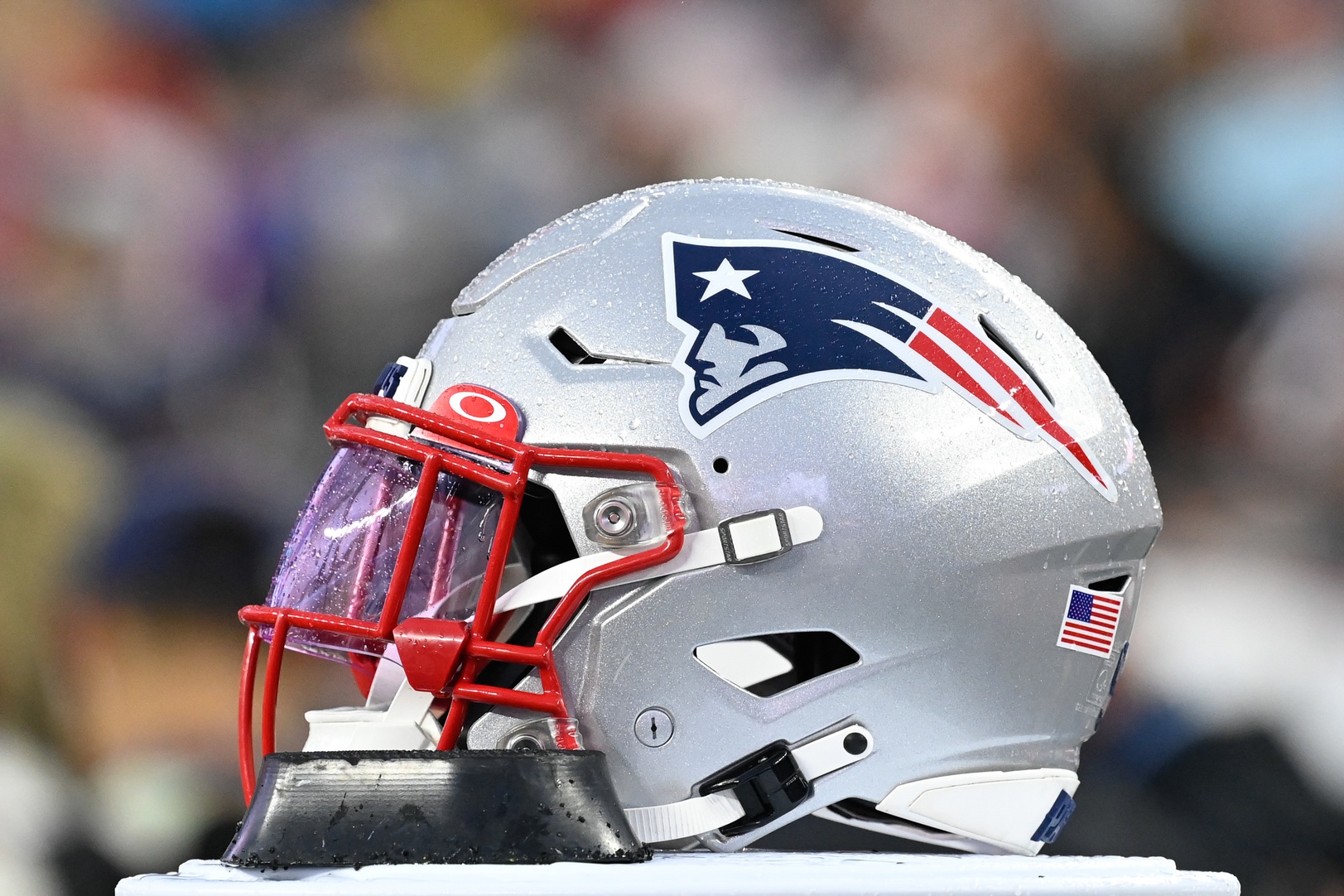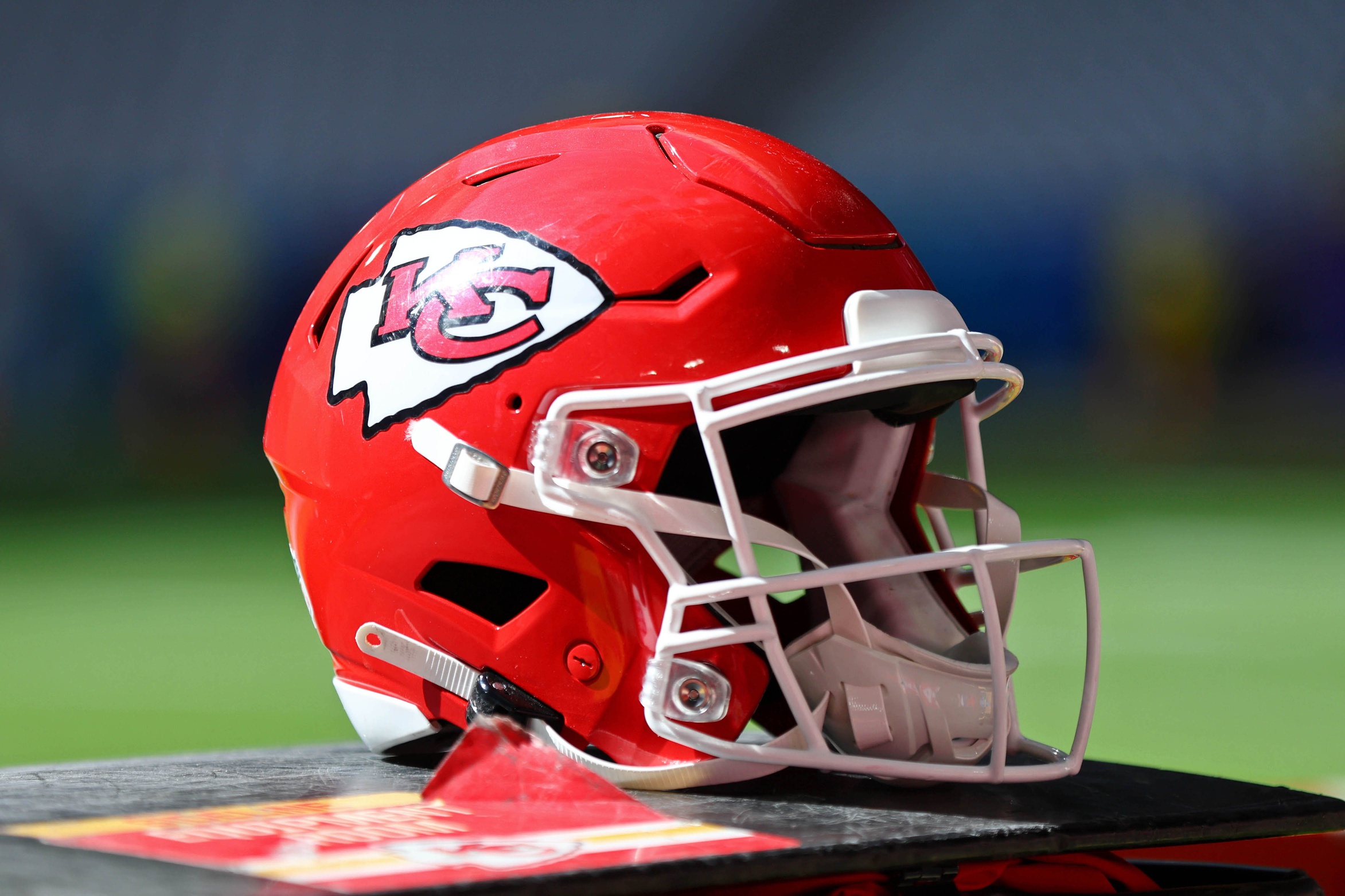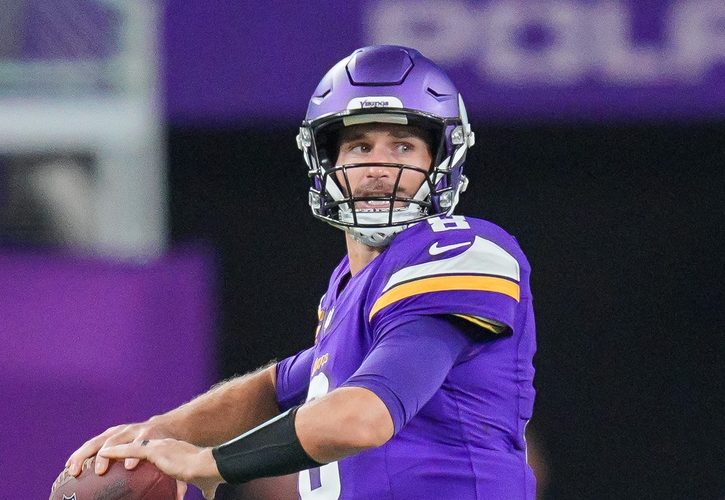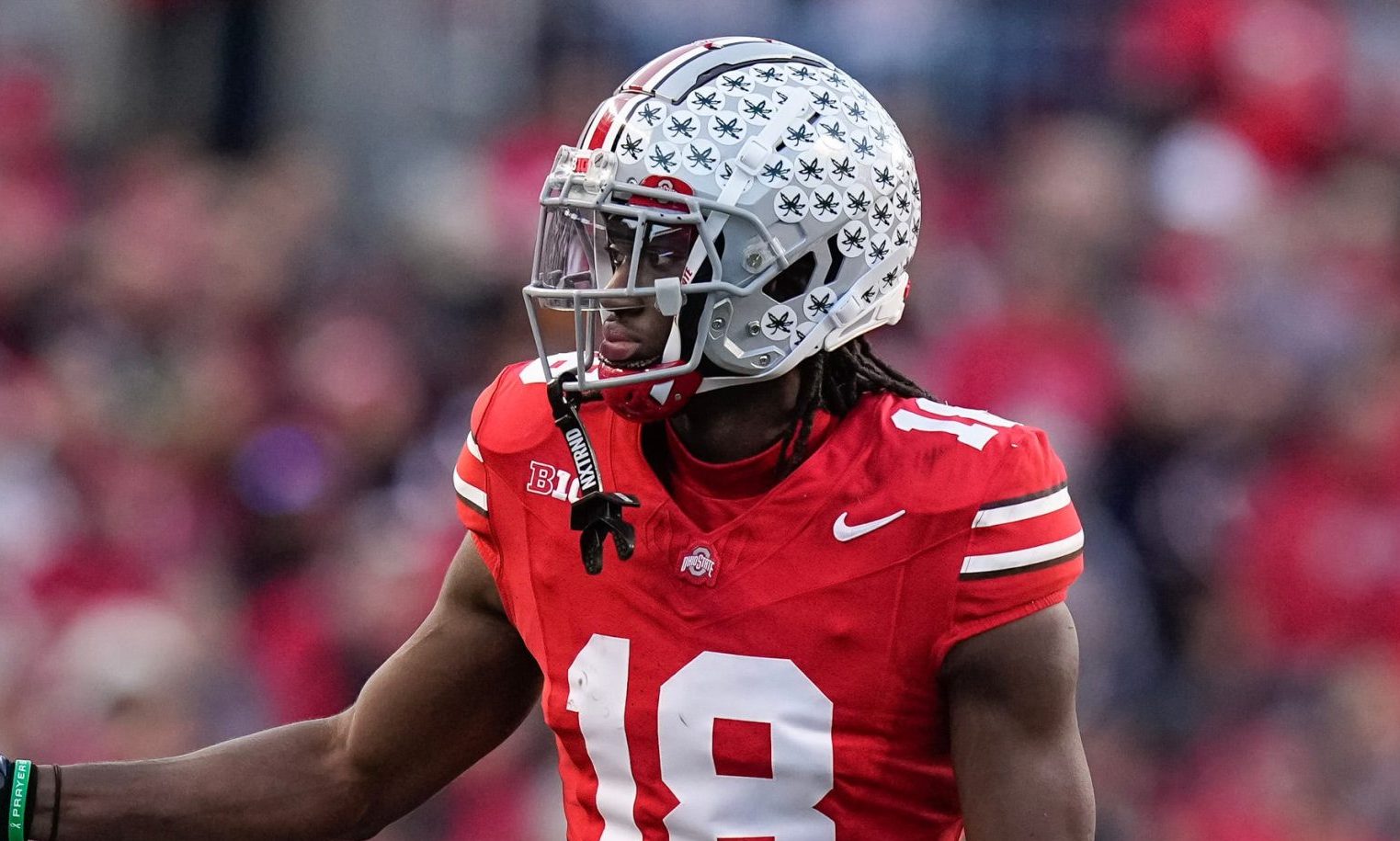Jay Bilas is wrong.
As are so many other pundits out there discussing the Penn State penalties.
The Penn State situation is not strictly a legal case.
“The NCAA circumvented its own rules to take this action,” Bilas told USA Today Sports on Monday. “It does create a precedent.”
Despite being a practicing attorney, Bilas can’t approach this unique case from a framework of the law. If a court had made a ruling, yes, then it would be the prudent response to debate the actions levied against the university, but the NCAA isn’t a court of law and won’t have to “explain why it’s not getting involved” in future cases.
The rule of law creates a specific code to live by according to accepted rules, rather than by arbitrary decisions of rulers. Rulers are not above the law and government establishes some type of system to protect the lives and liberties of citizens without violating the rights of some to provide gains to others.
The legal system has fulfilled its duty according to this rule of law in prosecuting and convicting Jerry Sandusky. It has already taken steps to do the same with former Penn State Athletic Director Tim Curley and Vice President Gary Shultz.
What this case boils down to is doing what is morally right. Something that Sandusky clearly lacked throughout his reign of terror and something that Curley and Shultz, and in some ways, former coach Joe Paterno and former university president Graham Spanier, failed to address.
As a practicing attorney, Bilas is approaching the sanctions handed down to Penn State as an indictment against an appropriate legal response.
“I think this has been shoehorned by very broad language,” Bilas said.
It becomes broad when it is dissected and analyzed from the legal framework.
Instead, the arbitrary decisions by the NCAA were made strictly in accordance to natural law.
When NCAA president Mark Emmert levied Penn State University with a series of penalties, including a bowl-ban for four years, loss of scholarships, a $60 million fine and the loss of victories by Paterno from 1998-2011, he finally did what was morally required and what should have been morally permissible at the time of Sandusky’s heinous actions.
In Ethics in the First Person by Dr. Deni Elliott, she states:
“A moral system differentiates among behaviors that are morally prohibited, those thatare morally permitted, [and] those that are morally required… Permitted [means]behavior that is within the bounds of the moral system. It is morally permitted to act in any way that does not cause others unjustified harms.”
In her discussion of morality, Elliott indicates that ethics identifies a number of actions in society including the analysis of morally questionable behaviors, such as being the cause of physical or emotional harm, deception, promise breaking, neglect of duty, and lawbreaking, to determine if these acts are morally permitted or prohibited in particular cases.
The powers-that-be at the time of Jerry Sandusky’s reign of terror all contributed to some type of morally questionable behavior which resulted in physical and emotional harm.
As the Freeh Report states, “four of the most powerful people at (Penn State University) – President Graham B. Spanier, Senior Vice President-Finance and Business Gary C. Schultz, Athletic Director Timothy M. Curley and Head Football Coach Joseph V. Paterno – failed to protect against a child sexual predator harming children for over a decade.”
Bilas is upset at how Paterno is being treated despite acknowledging the existence of a cover-up by the people in power at the time, including the legendary football coach.
“To say that school leaders like Spanier, Curley and Gary Shultz fell under the power of Paterno, Penn State football, is disrespecting their culpability,” Bilas said. “These figures were all culpable on the same level. All any of them had to do was make a phone call.”
But heroic actions often occur during split second moments by a person who is usually looked upon by others to fulfill the moral duty.
The person in Happy Valley who was head and shoulders above everyone else in this moral environment was Paterno. Bilas should understand how a cult of personality creates a warped sense of reality considering he played for and is friends with Coach Mike Krzyzewski, a legend in his own right at Duke University and throughout the world of basketball.
Of course, in an ideal world, the culture of football – and basketball – shouldn’t dictate people’s thoughts, behaviors and actions, yet we are not living in an ideal model when it comes to big-time sports.
In the story of the comic-book hero, Spider-Man, the writer-editor of the series, Stan Lee, includes the line, “with great power there must also come great responsibility,” in describing the agony and ecstasy of being a superhero. Peter Parker ultimately comes face to face with this theme when he fails to stop a criminal who later robs and kills his Uncle Ben.
Bilas – and so many others – are quick to jump to reaction in regards to the NCAA’s decision; some even saying it should be an exhaustive investigation lasting months.
The prudent reaction at the time Paterno heard of Sandusky’s actions should have been a quick one, a heroic one, a moral one by Paterno, the superhero of Penn State University. Sandusky should not have been able to exist under the culture of football and hidden from the legal system.
Instead, Paterno essentially permitted Sandusky to commit illegal acts under what Paterno deemed as morally permitted.
Bilas belittles the idea that schools leaders like Spanier, Curley and Shultz behaved and acted in awe of “the power of Paterno.” The former Duke forward who played for a legend in his own right also is taken aback that the “culture of football was overwhelming.”
Bilas should know the cult-like status of coaches creates an idea of absolute power. Whether it is used in the appropriate way – “great responsibility” – depends on the one yielding the sword.
Emmert acted with the type of responsibility adherent to our moral code. Paterno held the power in his hands due to the chain of command beginning and ending with him to make the culture of football live up to the heroic existence, yet he failed to live up to his moral obligation.
Instead, he washed his hands of it in a bureaucratic way. He didn’t stop the robber and the criminal eventually committed more illegal – and immoral – acts.
In closing, I will leave you with thoughts from John Locke, widely considered as the Father of Classical Liberalism. He was a deep thinker from the Age of Enlightenment and Thomas Jefferson once wrote that Francis Bacon, Isaac Newton and Locke were “the three greatest men that have ever lived, without any exception, and as having laid the foundation of those superstructures which have been raised in the Physical and Moral sciences.”
In an essay, written in 1692, entitled Ethica A, Locke discusses morality in terms of what a moral system might look like and how one should fulfill his or her duty in respect to this system.
Whoever spared a meal to save the life of a starving man, much more a friend…but had more and much more lasting pleasure in it than he that eat it. The other’s pleasure died as he eat and ended with his meal. But to him that gave it him ‘tis a feast as often as he reflects on it’.






